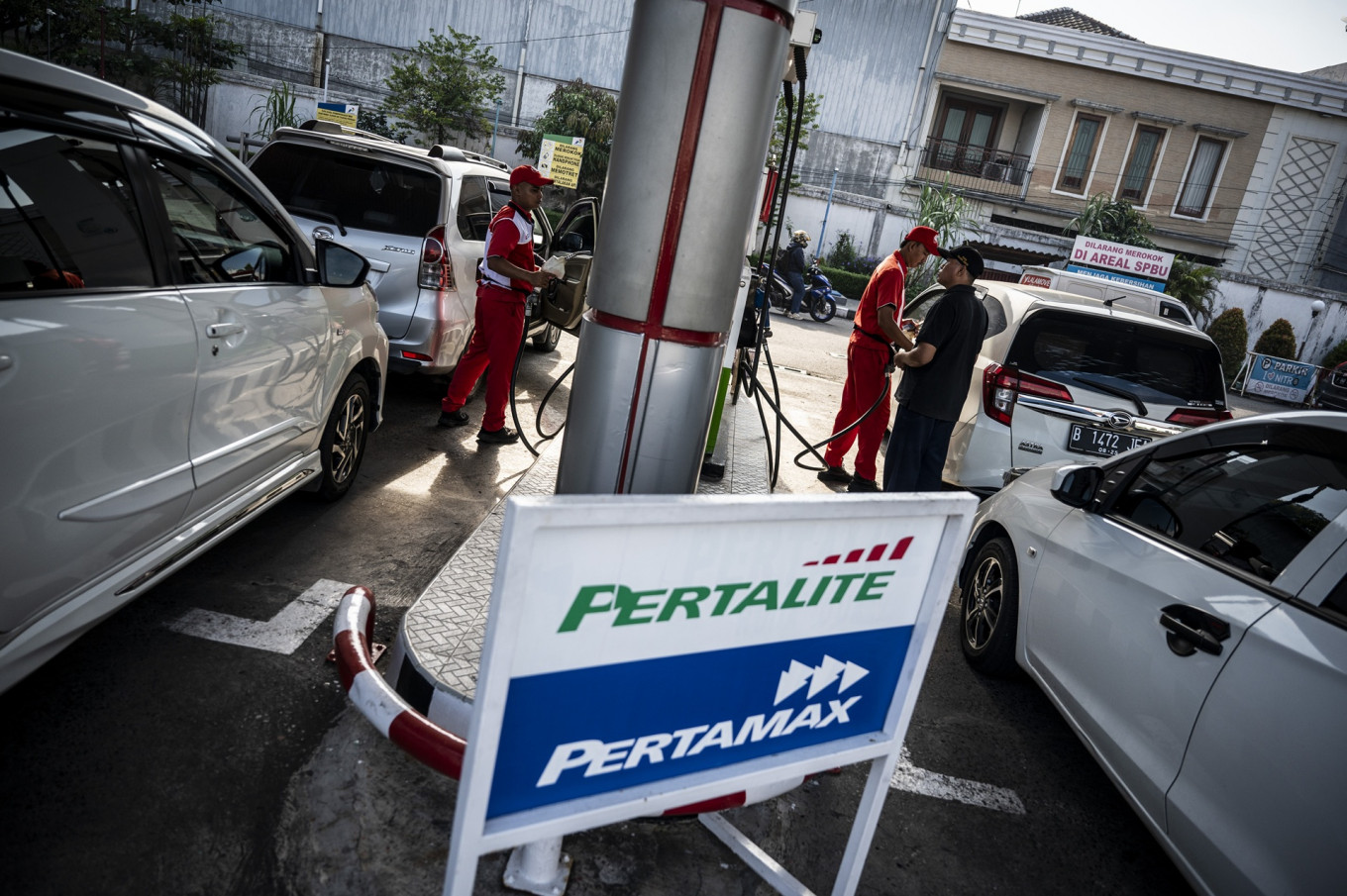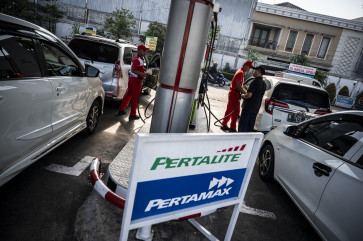Popular Reads
Top Results
Can't find what you're looking for?
View all search resultsPopular Reads
Top Results
Can't find what you're looking for?
View all search resultsA new opening for a fossil-fuel phaseout?
Many governments with legitimate social-justice concerns are reluctant to support the phaseout, fearing it would impede efforts to reduce inequality and fund essential services.
Change text size
Gift Premium Articles
to Anyone
C
alls to reduce the use of fossil fuels are becoming impossible to ignore. At the United Nations Climate Change Conference (COP30) in Brazil, major producers were pressed to begin planning for the phasing down of oil, gas and coal in a just and orderly way.
For decades, climate negotiations have focused on emissions targets and clean-energy pledges while sidestepping the politically explosive question of whether, and how quickly, countries should phase out fossil-fuel production. COP28 broke new ground by introducing the phrase “transition away from fossil fuels,” but real progress has remained slow and uneven. At COP30, Brazilian President Luiz Inácio Lula da Silva reset the tone, declaring that “the Earth can no longer sustain the intensive use of fossil fuels” and calling for a clear road map for phasing them out.
Resistance to a phaseout has historically come from major producer countries and energy companies. But many governments with legitimate social-justice concerns are also reluctant to support such a move, fearing it would impede efforts to reduce inequality and fund essential services.
Brazil, a rising energy power with vast renewable potential, but also deep poverty and a thriving offshore oil sector, is a prime example. When Lula argued that fossil-fuel dependence must end in a “planned and just” manner, he signaled that an orderly phaseout can support development rather than undermine it.
For Brazil, the challenge is to strengthen its global standing while navigating its own energy transition. Lula’s plan for a national fund that would direct some of Brazil’s oil revenues toward the green transition reflects this balance: the rents of the old economy would be used to build the new one without harming workers and vulnerable communities.
Such an approach is not without precedent. Norway’s sovereign wealth fund, built on decades of oil revenues, invests heavily in low-carbon sectors worldwide and supports initiatives like the Amazon Fund. And in Southeast Asia, Timor-Leste, heavily reliant on petroleum and gas, has pursued diversification strategies financed through its own resource revenues.
These examples show that channeling fossil-fuel income toward the green transition is both feasible and necessary. For too long, the idea has been treated as taboo by climate advocates, owing to fears that even discussing oil money might legitimize continued extraction.



















